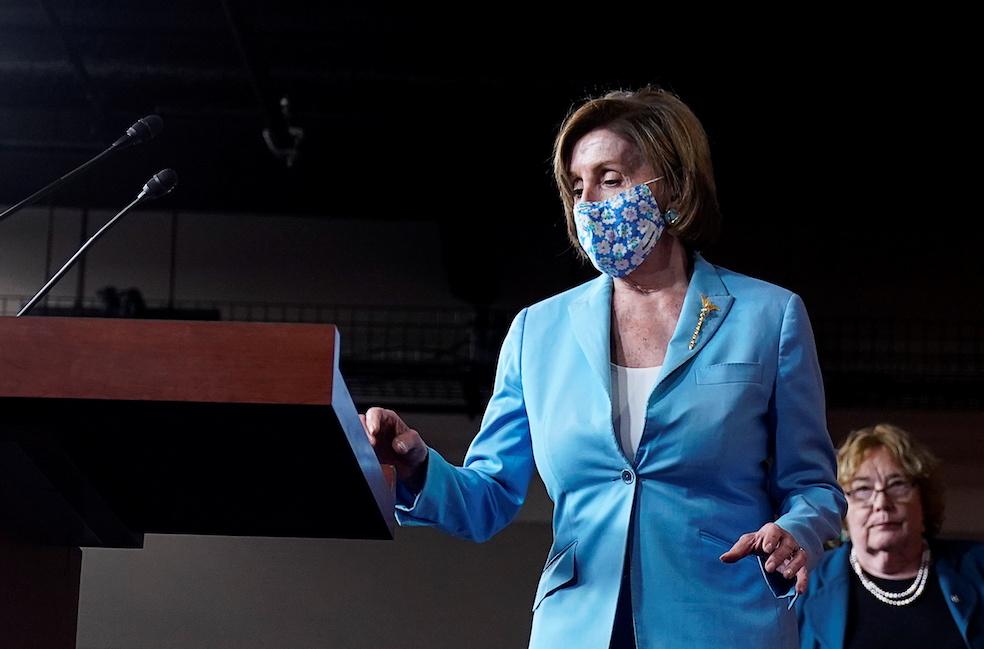House Speaker Nancy Pelosi (D-Calif.) says House members can continue to vote remotely until Dec. 30 because of COVID-19 concerns.
Pelosi’s Nov. 12 announcement was shared in a message to House members and was posted to her website.

House Speaker Nancy Pelosi (D-Calif.) says House members can continue to vote remotely until Dec. 30 because of COVID-19 concerns.
Pelosi’s Nov. 12 announcement was shared in a message to House members and was posted to her website.